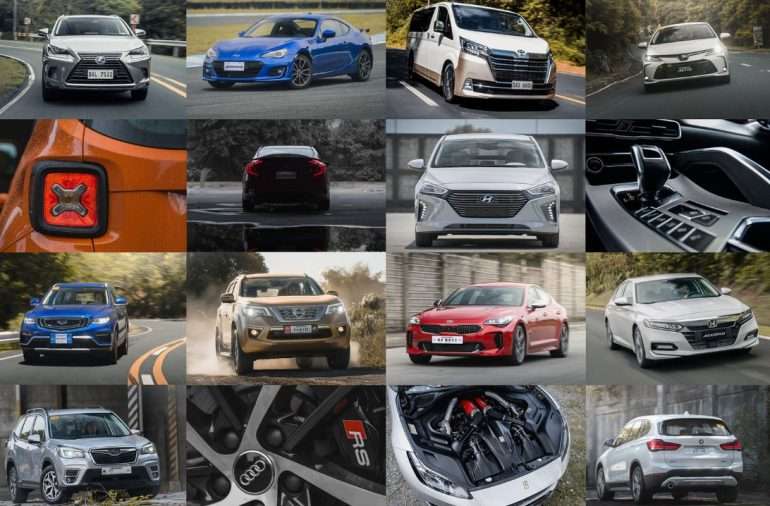hydrogen engine car
Embarking on the journey of owning a hydrogen vehicle requires careful consideration. Research available models, comparing range, performance, and safety features. Factor in your daily driving needs and assess the suitability of a hydrogen car for your lifestyle. Don’t forget to check for available government incentives or rebates that can make your purchase more affordable.
Factors to Consider Before Purchase
Before committing to a hydrogen car, several key factors demand careful consideration. Firstly, range anxiety is a valid concern. While hydrogen refueling is quicker than electric charging, the availability of stations is currently limited, necessitating careful route planning, especially for long journeys. Thoroughly investigate the hydrogen refueling infrastructure in your area and along your frequently traveled routes. A detailed map of stations and their operational hours is crucial.
Secondly, the purchase price of hydrogen vehicles is generally higher than comparable gasoline or electric cars. Evaluate this cost against potential long-term savings on fuel and maintenance. Carefully analyze the total cost of ownership, factoring in fuel costs, maintenance schedules, and potential resale value. Explore available financing options and incentives to mitigate the initial high cost.
Thirdly, assess the vehicle’s performance. Compare acceleration, handling, and overall driving experience to your expectations. Consider factors like passenger capacity, cargo space, and available features. Test drive different models to determine which best suits your needs and preferences; Finally, research the manufacturer’s warranty and maintenance plans. Understand the coverage provided and the costs associated with potential repairs or replacements. A comprehensive understanding of these factors will ensure a well-informed decision.
Understanding Hydrogen Fueling Infrastructure
A critical aspect of hydrogen vehicle ownership is understanding the current limitations and future prospects of the hydrogen fueling infrastructure. Unlike gasoline or electricity, hydrogen refueling stations are not yet as widespread. Before purchasing a hydrogen car, it’s essential to map out existing stations near your home, workplace, and frequently traveled routes. Utilize online resources and mobile applications that provide real-time information on station availability, operating hours, and any potential service disruptions.
The density of stations varies significantly across regions. In some areas, they might be readily accessible, while in others, they may be scarce or even nonexistent. This geographical disparity necessitates careful planning for longer trips, potentially requiring strategic stops along the way. Furthermore, the refueling process itself, while relatively quick, is still different from gasoline. Familiarize yourself with the procedures and safety protocols involved.
It’s also important to consider the future expansion of the hydrogen refueling network. Governments and private companies are investing in expanding the infrastructure, but the timeline for widespread availability varies. Stay informed about planned station deployments in your area and beyond. Understanding the current state and projected growth of the hydrogen fueling infrastructure is crucial for making an informed decision about hydrogen vehicle ownership, ensuring you have a realistic expectation of its practicality for your daily driving needs.
Maintenance and Servicing of Hydrogen Vehicles
Maintaining a hydrogen vehicle involves some similarities to gasoline-powered cars, but also some key differences. While routine tasks like tire rotations, oil changes (though potentially less frequent), and brake inspections remain standard, hydrogen-specific components require specialized attention. Hydrogen fuel system checks are crucial, ensuring the integrity of high-pressure tanks, fuel lines, and associated components. These checks should be performed by certified technicians at authorized service centers to guarantee safety and optimal performance.
Finding qualified mechanics familiar with hydrogen vehicle technology might be a challenge depending on your location. Locate authorized service centers beforehand, understanding their service areas and availability. Regular maintenance schedules are essential, and adhering to the manufacturer’s recommendations is paramount. Neglecting these checks can lead to potential safety hazards and costly repairs.
The cost of maintenance might differ from conventional vehicles. Parts for hydrogen fuel systems may be more expensive, and specialized tools and expertise are needed for repairs. Before purchasing a hydrogen car, inquire about the estimated maintenance costs and warranty coverage. Understand the potential for extended warranties or service plans to mitigate unexpected expenses. Proactive maintenance is key to ensuring the longevity and safety of your hydrogen vehicle, minimizing potential disruptions and maximizing its lifespan. Remember to always consult your owner’s manual for detailed maintenance schedules and recommendations.
Comparing Hydrogen Cars to Electric Vehicles
Choosing between a hydrogen fuel cell vehicle (FCV) and a battery electric vehicle (BEV) involves careful consideration of several factors. While both offer zero-tailpipe emissions, their refueling and charging processes differ significantly. Refueling a hydrogen car is quicker, comparable to filling a gasoline car, while charging a BEV can take considerably longer, depending on the charging infrastructure and battery size. This difference is crucial for long-distance travel, where quick refueling can be a significant advantage for hydrogen vehicles.
However, the availability of hydrogen refueling stations is currently far more limited than charging stations for electric vehicles. This infrastructure disparity significantly impacts the practicality of hydrogen cars, especially for those living outside major metropolitan areas. Range anxiety is less of a concern with hydrogen cars due to their typically longer driving ranges compared to many BEVs, but the lack of widespread refueling infrastructure can be a limiting factor.
Purchase price is another key differentiator. Hydrogen vehicles often command a higher initial cost compared to comparable electric vehicles. This difference reflects the complexity of hydrogen fuel cell technology and the relatively nascent stage of the hydrogen vehicle market. Furthermore, the long-term cost of ownership, including fuel and maintenance, needs careful evaluation. While hydrogen fuel may be more expensive currently, technological advancements and economies of scale could potentially alter this dynamic in the future. Ultimately, the best choice depends on individual needs, driving habits, and access to refueling/charging infrastructure.




